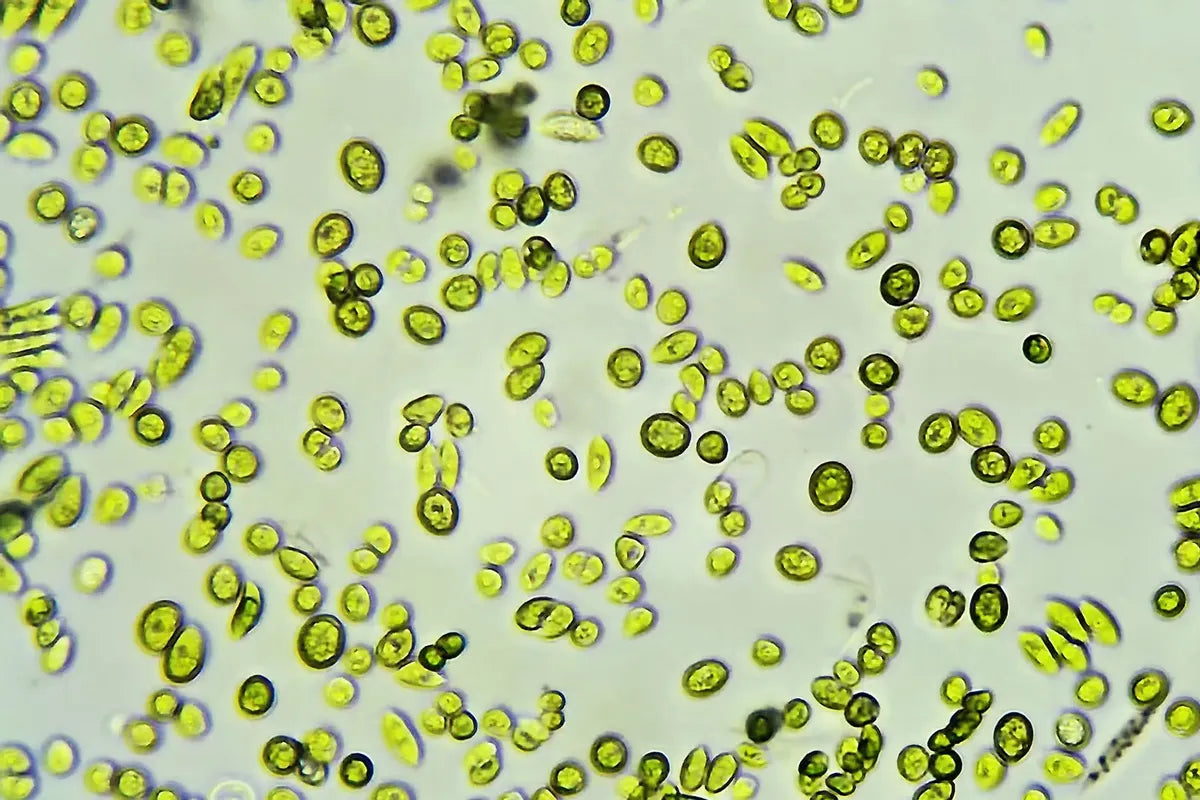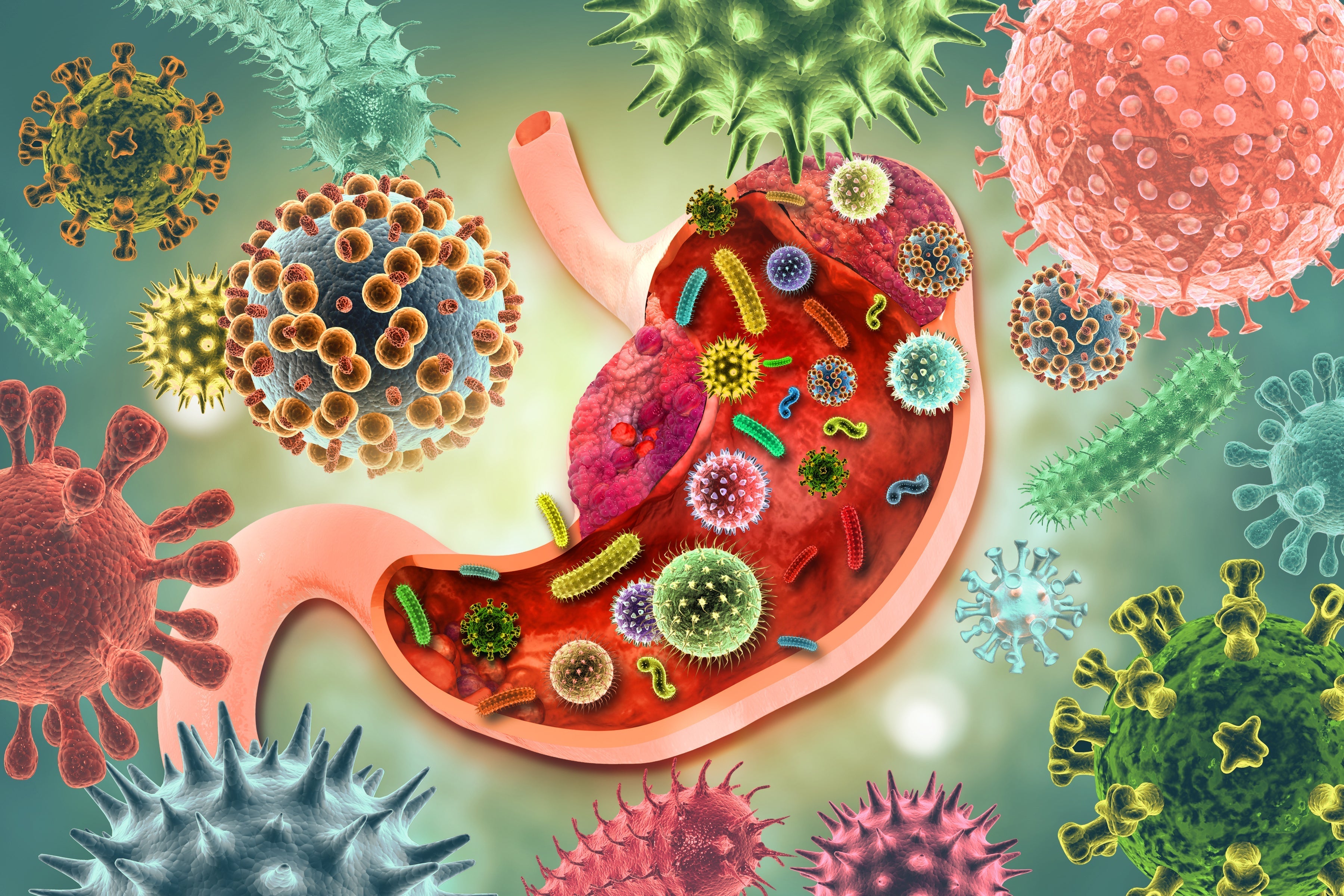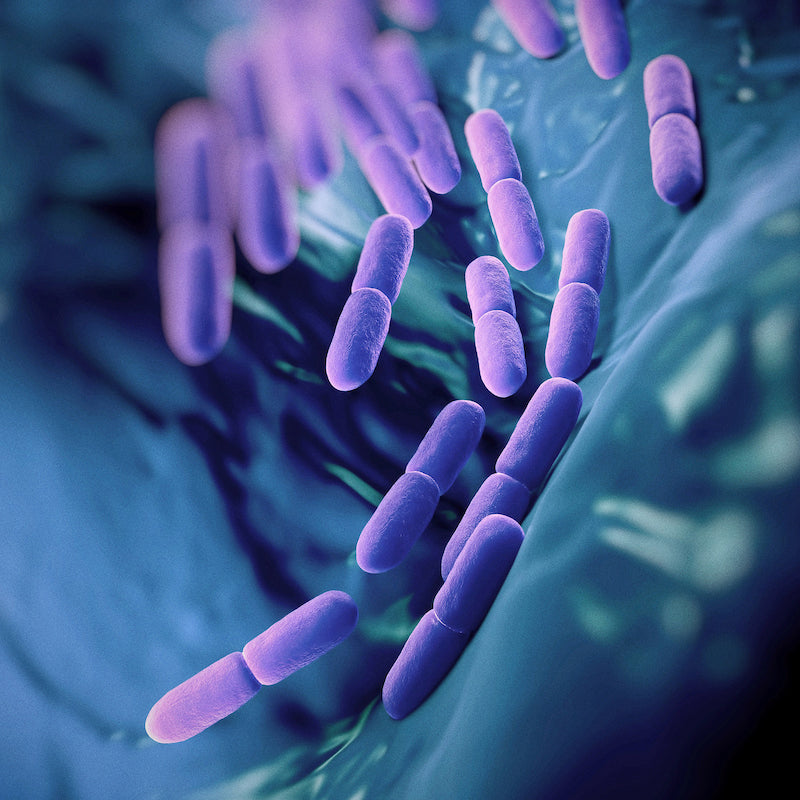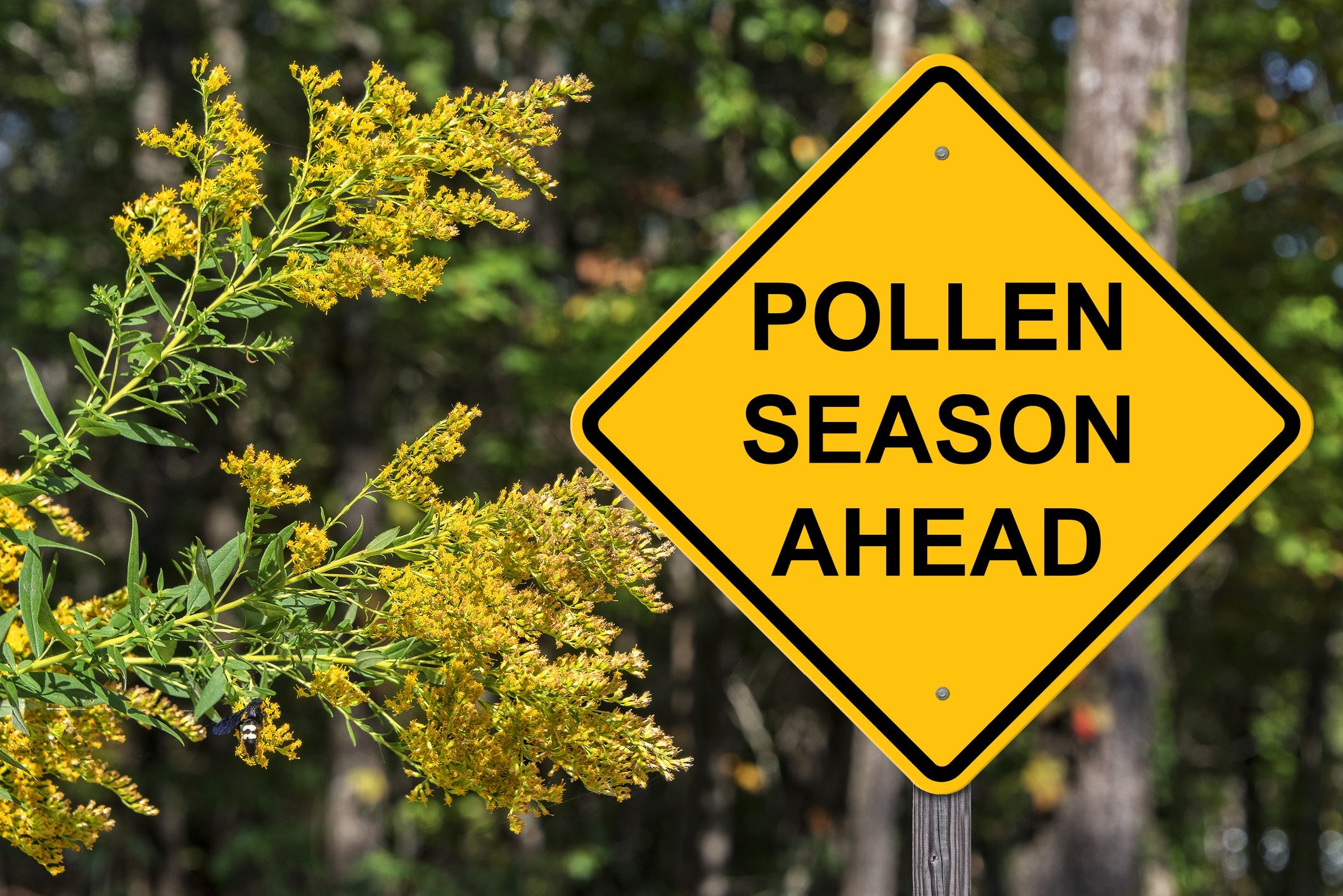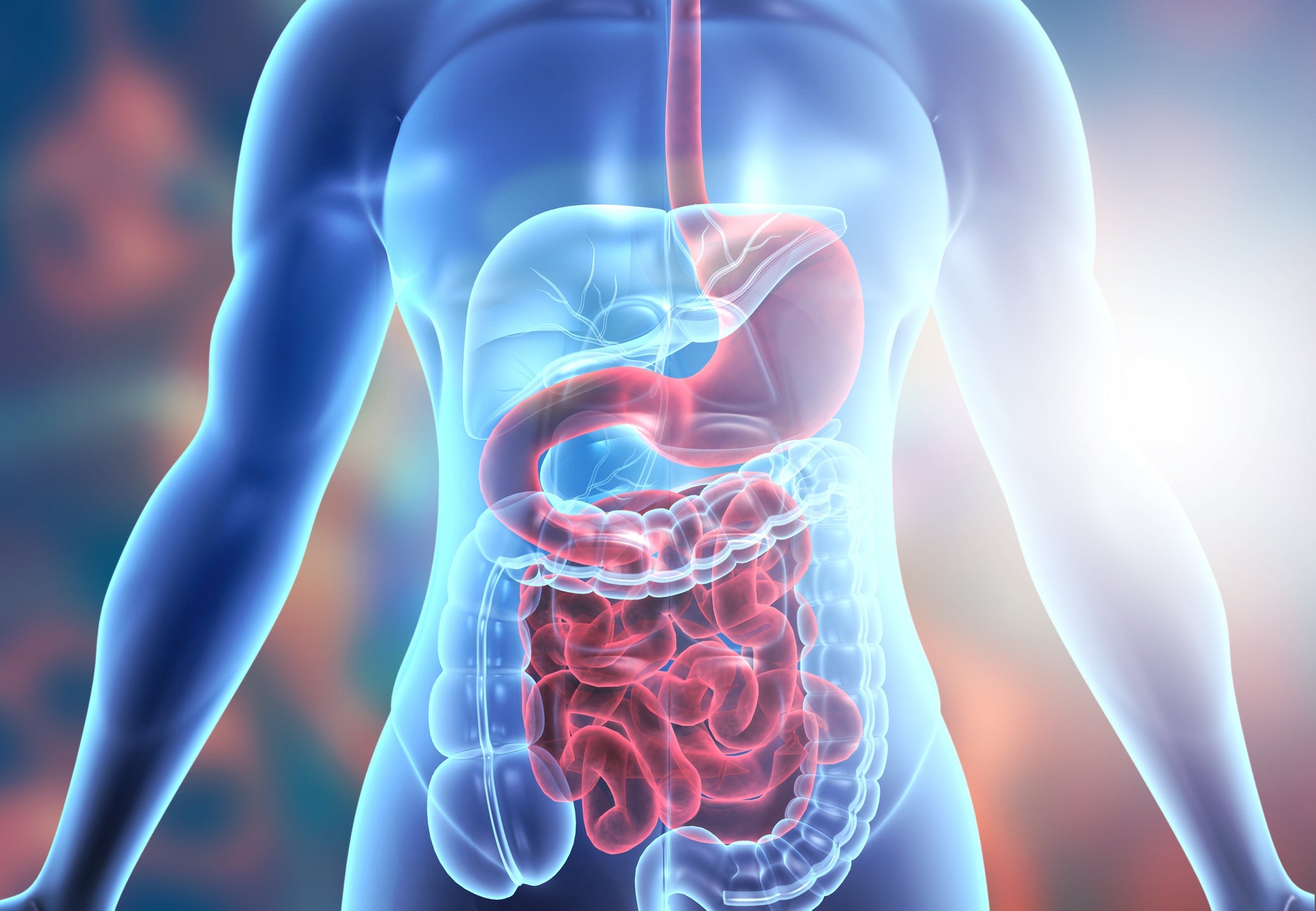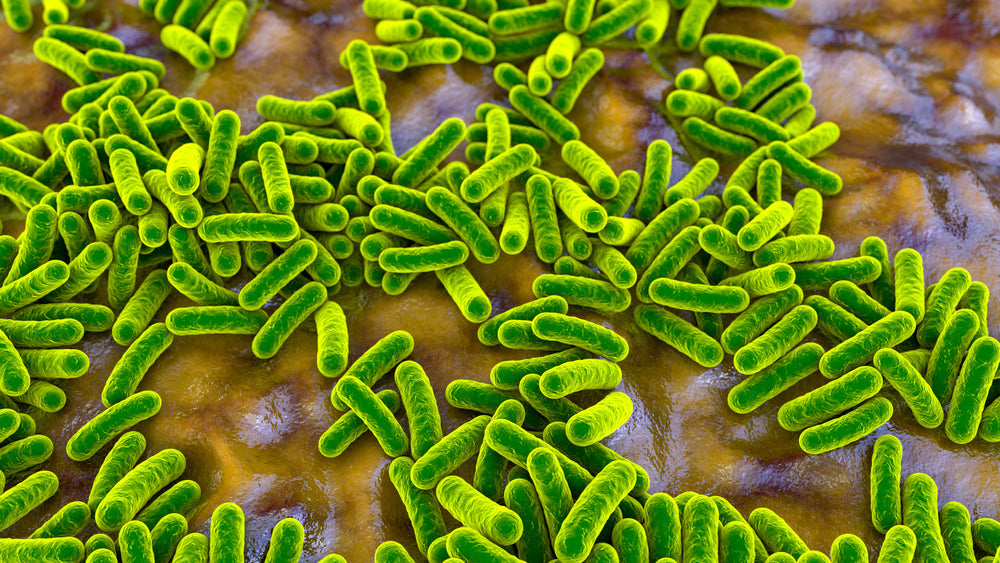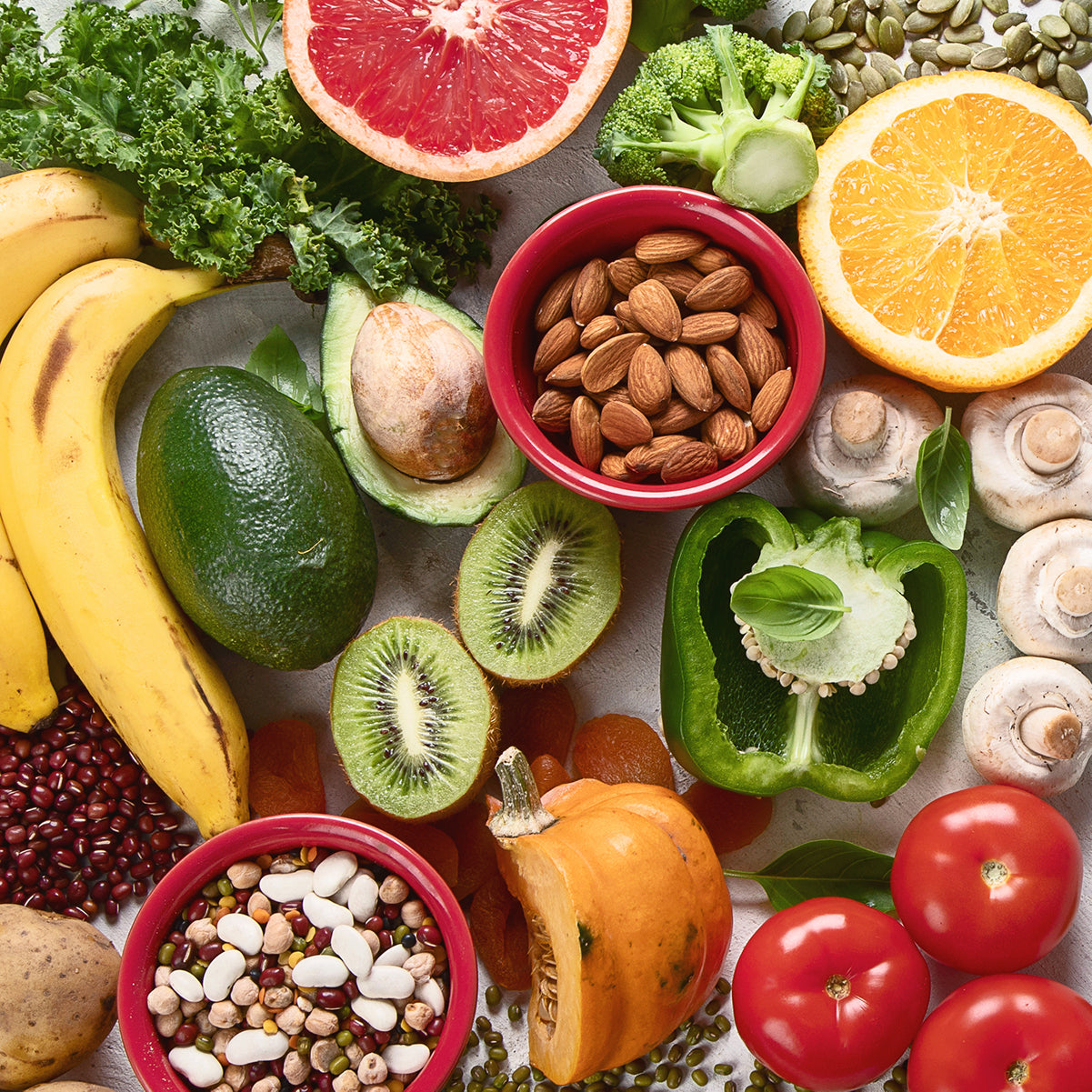Author: Megan Jones (Adv.Dip.NutMed, BHsc.NutMed)
In today's health-conscious world, we now know more than ever about what constitutes a balanced diet, and the ways in which different nutrients can impact our overall health and wellbeing.
Despite our awareness, the definition of a ‘healthy diet’ is continually shifting - along with our evolving understanding of nutritional science.1
The number of diets out there is staggering. From Keto to low carb and plant-based diets, food trends are confusing and it's easy to feel overwhelmed by the multitude of options available.
No matter what diet or eating pattern we chose to follow, a multi-nutrient dietary supplement like Nuzest's Good Green Vitality (GGV) can be a beneficial addition to any daily routine. By providing a comprehensive blend of essential vitamins, minerals, antioxidants and more, GGV can support a healthy lifestyle by potentially filling any gaps in our nutrition - and promoting the smooth-running of all 11 biological systems: from cardiovascular to gastrointestinal to musculoskeletal support, and everything in between!
In this article, we'll explore some of the most popular diets of our time, shedding light on their principles, benefits, and considerations. Remember, the key to success lies in finding a diet that works best for you as an individual, both in terms of health goals and personal preferences, while learning how eating different foods can make you feel.
-
The Mediterranean Diet
Inspired by the eating habits of countries like Greece and Italy, the Mediterranean Diet focuses on consumption of fresh fruits and vegetables, whole grains, healthy fats like olive oil, as well beans and other legumes, nuts, herbs, and spices. Other foods like animal proteins are eaten in smaller quantities, with the preferred animal protein source as fish and seafood.2 In fact, this diet promotes moderation and encourages enjoying meals with family and friends. Studies suggest that the Mediterranean Diet may reduce the risk of heart disease and promote longevity.3
-
The Ketogenic Diet
Although ‘going keto’ has gained significant popularity in recent years, medical practitioners have been using it clinically for almost 100 years4 to treat drug-resistant epilepsy.5 By dramatically reducing carbohydrates and increasing healthy fats, the body releases ketones into the bloodstream and enters a state of ketosis - burning fat for fuel.6 ‘Keto’ advocates claim that this diet helps with weight loss, enhances mental clarity, and improves energy levels, however, it is important to note that the ketogenic diet is restrictive, and so it is difficult to follow in the long term. It can be heavy on red meat and other fatty, processed, and salty foods that are notoriously unhealthy, therefore it is not suitable for everyone, especially those with certain medical conditions.
-
Plant-Based Diets
Plant-based, or plant-forward diets, including but not limited to vegetarianism and veganism, focus on consuming plants and plant-derived foods while minimising or eliminating animal products. By emphasising not only fruits and vegetables, but also whole grains, nuts, seeds, oils, legumes, and beans, these diets provide an array of phyto (‘plant’) nutrients, vitamins, minerals, and fibre.7 Eating predominantly plants is associated with reduced risk of developing coronary heart disease, high blood pressure, diabetes, and increased longevity, while also supporting weight management and environmental sustainability. Careful planning, however, is necessary to ensure adequate intake of essential nutrients like vitamin B12, iron, and omega-3 fatty acids, which can only be obtained naturally from animal-derived foods.8 Supplementing with a multi nutrient formula, however, like Nuzest’s Good Green Vitality, can provide these essential nutrients with each daily dose, helping to fill any nutritional gaps and support all 11 body systems so you can thrive!
-
The Paleo Diet
The Paleo diet takes us back in time to the hunter-gatherer era, where processed foods were non-existent. This diet focuses on lean meats, fish, fruits, vegetables, nuts, and seeds, while excluding grains, legumes, and dairy products.9 Long-term studies don’t offer much information on how the paleo diet affects health, however advocates argue that this approach aligns with our genetic makeup and promotes weight loss and improved metabolic health.10 This approach can be high in fibre, potassium and antioxidants, however there are potential limitations in meeting other nutrient requirements - especially calcium and vitamin D which are essential for many metabolic processes, and particularly for bone health.11
Did you know: Nuzest’s Clean Lean Protein is suitable for those following a Paleo diet? With our modern food processing methods, high-quality pea protein isolates can now be processed using our patented water-based enzymatic isolation. This gentle extraction process is able to effectively eliminate almost all lectins, saponin, trypsin inhibitors, and phytic acid!
-
Intermittent Fasting
Intermittent fasting is not so much a diet as it is an eating pattern. It involves cycling between periods of fasting and eating within specific time windows. The most popular methods include the 16/8 method (fasting for 16 hours and eating within an 8-hour window) and the 5:2 diet (consuming a limited number of calories on two non-consecutive days).12 Despite the recent surge in the popularity of fasting, only a few studies have examined the health benefits of these diets in humans. Intermittent fasting has been associated with weight loss, improved insulin sensitivity, and cellular repair, but it may not be suitable for everyone, particularly those with certain medical conditions or a history of disordered eating.13,14
Examining the popular diets of today, it becomes increasingly clearer that no one single approach fits all. The key is to find a dietary pattern that aligns with your health goals, tastes and lifestyle, and no matter how you decide to eat, whether you are following or a diet or eating intuitively, incorporating as many nutrients as possible on a daily basis is something to be aware of when supporting your health and vitality. Remember, a balanced and sustainable approach to eating is more important than any passing diet. Consulting with your healthcare professional can provide personalised guidance and help ensure you're meeting your nutritional needs. In the meantime, why not try a delicious smoothie with Nuzest’s Good Green Vitality, Nuzest’s Clean Lean Protein and a fruit/vegetable and milk of your choice? Or check out our other plant-based smoothies, packed with essential nutrients.
References:
- Cena H, Calder PC. Defining a healthy diet: Evidence for the role of contemporary dietary patterns in health and disease. Nutrients [Internet]. 2020;12(2):334. Available from: https://www.ncbi.nlm.nih.gov/pmc/articles/PMC7071223/
- Schwingshackl L, Morze J, Hoffmann G. Mediterranean diet and health status: Active ingredients and pharmacological mechanisms. British Journal of Pharmacology. 2019 Jul 25;177(6):1241–57.
- Martinez-Gonzalez MA, Martin-Calvo N. Mediterranean diet and life expectancy; beyond olive oil, fruits, and vegetables. Current Opinion in Clinical Nutrition and Metabolic Care [Internet]. 2016 Nov;19(6):401–7. Available from: https://www.ncbi.nlm.nih.gov/pmc/articles/PMC5902736/
- Kuchkuntla AR, Shah M, Velapati S, Gershuni VM, Rajjo T, Nanda S, et al. Ketogenic Diet: an Endocrinologist Perspective. Current Nutrition Reports. 2019 Nov 8;8(4):402–10.
- Martin-McGill KJ, Bresnahan R, Levy RG, Cooper PN. Ketogenic diets for drug-resistant epilepsy. Cochrane Database of Systematic Reviews. 2020 Jun 24;(6).
- Masood W, Uppaluri KR, Annamaraju P. Ketogenic Diet [Internet]. Nih.gov. StatPearls Publishing; 2019. Available from: https://www.ncbi.nlm.nih.gov/books/NBK499830/
- Mullins AP, Arjmandi BH. Health Benefits of Plant-Based Nutrition: Focus on Beans in Cardiometabolic Diseases. Nutrients [Internet]. 2021 Feb 1;13(2):519. Available from: https://www.mdpi.com/2072-6643/13/2/519
- Neufingerl N, Eilander A. Nutrient Intake and Status in Adults Consuming Plant-Based Diets Compared to Meat-Eaters: A Systematic Review. Nutrients. 2021 Dec 23;14(1):29.
- Frączek B, Pięta A, Burda A, Mazur-Kurach P, Tyrała F. Paleolithic Diet—Effect on the Health Status and Performance of Athletes? Nutrients. 2021 Mar 21;13(3):1019.
- Genoni A, Lyons-Wall P, Lo J, Devine A. Cardiovascular, Metabolic Effects and Dietary Composition of Ad-Libitum Paleolithic vs. Australian Guide to Healthy Eating Diets: A 4-Week Randomised Trial. Nutrients. 2016 May 23;8(5):314.
- Klonoff DC. The Beneficial Effects of a Paleolithic Diet on Type 2 Diabetes and other Risk Factors for Cardiovascular Disease. Journal of Diabetes Science and Technology [Internet]. 2009 Nov;3(6):1229–32. Available from: https://www.ncbi.nlm.nih.gov/pmc/articles/PMC2787021/
- Welton S, Minty R, O’Driscoll T, Willms H, Poirier D, Madden S, et al. Intermittent fasting and weight loss. Canadian Family Physician [Internet]. 2020 Feb 1;66(2):117–25. Available from: https://www.ncbi.nlm.nih.gov/pmc/articles/PMC7021351/
- Albosta M, Bakke J. Intermittent fasting: is there a role in the treatment of diabetes? A review of the literature and guide for primary care physicians. Clinical Diabetes and Endocrinology [Internet]. 2021 Feb 3;7(3). Available from: https://www.ncbi.nlm.nih.gov/pmc/articles/PMC7856758/
- Ganson KT, Cuccolo K, Hallward L, Nagata JM. Intermittent fasting: Describing engagement and associations with eating disorder behaviors and psychopathology among Canadian adolescents and young adults. Eating Behaviors. 2022 Nov;47:101681.


















